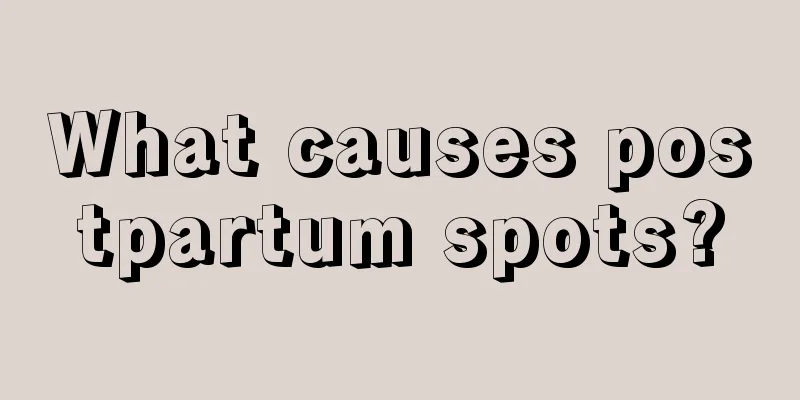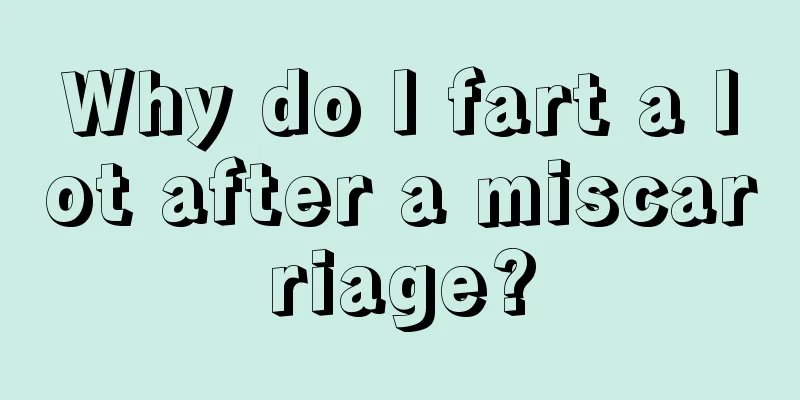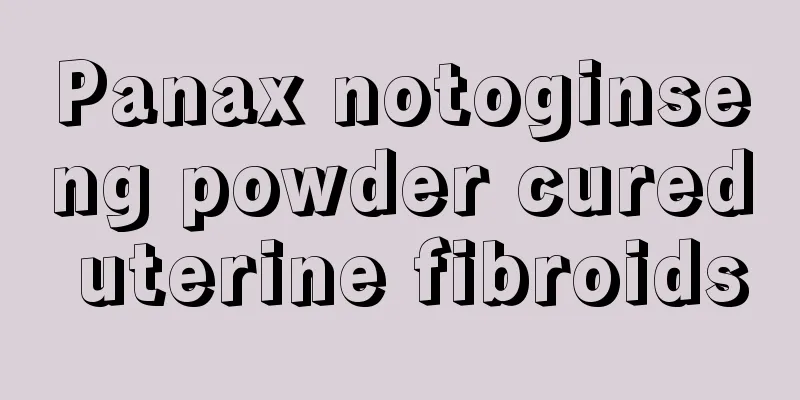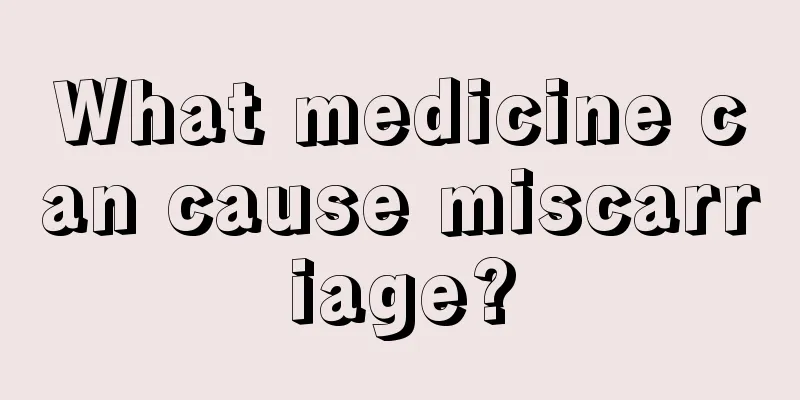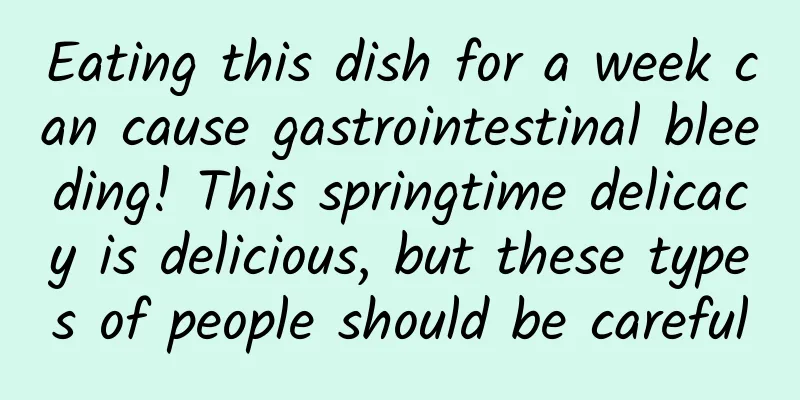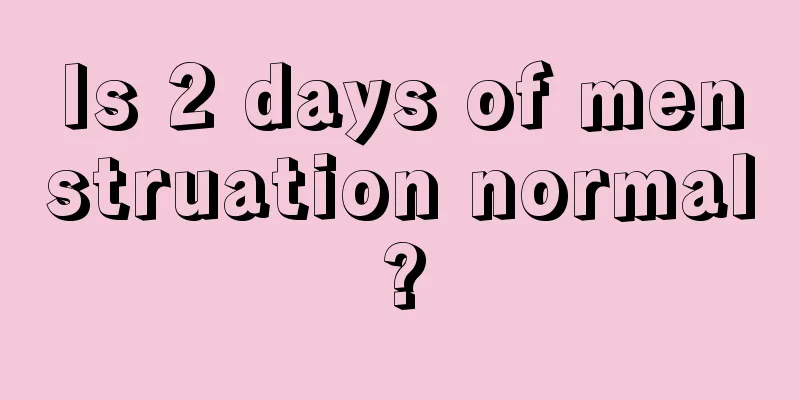Does fever and headache necessarily mean encephalitis?
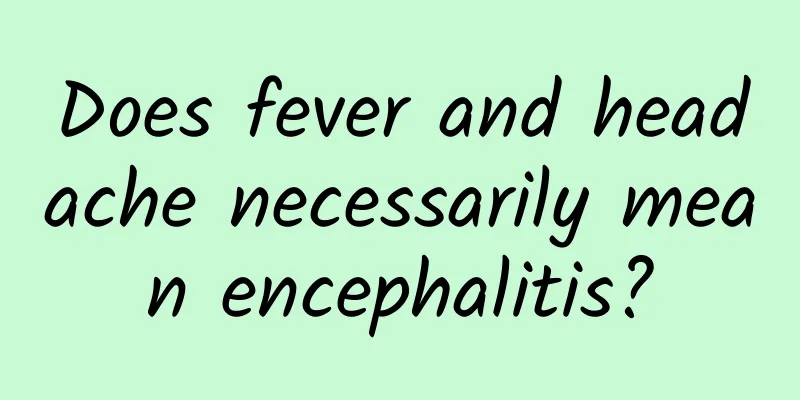
|
This is the 4196th article of Da Yi Xiao Hu Most people will experience fever and headache after being infected with the novel coronavirus. Some people still have persistent headaches after recovering and are very worried about whether they have encephalitis. So does a fever and headache mean encephalitis? Today we will popularize the relevant knowledge about encephalitis. 1. What is encephalitis? There is a large category of diseases in neurology called infectious diseases of the central nervous system, which are divided into viral infection, bacterial infection, fungal infection, prion disease (mad cow disease), brain parasitic infection, spirochete infection of the nervous system, etc. according to different pathogens. Among them, the common viral infections are herpes simplex encephalitis and viral meningitis. Herpes simplex encephalitis is an acute infectious disease of the central nervous system caused by herpes simplex virus infection. It can cause hemorrhagic necrosis of brain tissue and allergic brain damage, accounting for 20%-68% of viral encephalitis. Viral meningitis refers to an acute inflammatory disease of the pia mater and pia spinal membrane caused by various neurotropic virus infections, with fever, headache and meningeal irritation signs as the main clinical manifestations. What ordinary people usually call encephalitis generally refers to these two common viral infections. Clinical manifestations of herpes simplex encephalitis Generally, the onset is acute, and 25% of patients may have a history of oral herpes. The first symptoms are mostly mental and behavioral abnormalities and personality changes, such as illusions, laziness, emotional indifference, childishness, impulsive behavior, hallucinations and delusions. Cognitive dysfunction is more common, mainly slow reaction, memory loss, disorientation, etc. Some patients may show varying degrees of neurological impairment, such as hemiplegia and eye muscle paralysis. Epileptic seizures are common, which is what the common people call "seizures". Headaches, nausea, and vomiting may occur in patients with high intracranial pressure. In severe cases, varying degrees of consciousness disorders may occur, such as confusion, drowsiness, and coma. Neurological examinations are mainly manifested in advanced cognitive functions and mental and behavioral disorders. "Brain fog", a popular word on the Internet, some people think they have encephalitis because they are slow to react, have headaches, and feel lazy all over, but this is not necessarily the case. Clinical manifestations of viral meningitis The clinical symptoms of viral meningitis are generally not as severe as those of herpes simplex virus encephalitis. It is common in adolescents and manifests as systemic symptoms of viral infection such as fever, photophobia, myalgia, anorexia, diarrhea and general fatigue. The body temperature generally does not exceed 40°C. Some patients have severe headaches accompanied by nausea and vomiting. Neurological examination generally shows no other positive neurological signs except for positive meningeal irritation signs. 4. Diagnosis and treatment of encephalitis and meningitis The diagnosis can be confirmed by typical clinical manifestations, lumbar puncture, cerebrospinal fluid examination for specific viral antibodies or viral DNA, electroencephalogram, head CT or MRI. Early diagnosis and treatment are the key to reducing the mortality rate of herpes simplex encephalitis, mainly antiviral treatment, common drugs such as ganciclovir. Hormone treatment is still controversial. Patients with high fever, convulsions, mental symptoms or increased intracranial pressure should be given cooling, anti-epileptic, sedative and dehydration to reduce intracranial pressure treatment respectively. Herpes simplex encephalitis has a poor prognosis and a mortality rate of up to 60%-80% for patients who have not received antiviral treatment, untimely or inadequate treatment, or severe disease. Most patients can be cured if they are given adequate antiviral treatment within a few days of onset or if their condition is mild, but 10% of patients may have sequelae such as cognitive impairment and epilepsy to varying degrees. Viral meningitis is a self-limiting disease, and the main treatment is symptomatic support and prevention of complications, such as pain relief, reducing intracranial pressure, strengthening nutrition, maintaining water and electrolyte balance, etc. Antiviral treatment can significantly shorten the course of the disease and should be given as appropriate. Therefore, fever and headache do not necessarily lead to encephalitis or meningitis. Ordinary people can have a rough idea of the severity of the symptoms after viral infection. If serious neurological damage such as convulsions, mental and behavioral abnormalities, and impaired consciousness occurs, you must go to the hospital in time to avoid delaying the disease. Author: Department of Neurology, Second Hospital of Jilin University Man YuhongChief Physician Associate Professor |
<<: What should you do if you have an unbearable cough when your Yang is healthy?
>>: Can drinking alcohol before bed really help you sleep?
Recommend
What is the thickness of the endometrium before menstruation?
The endometrium begins to grow on the first day a...
Good moisturizing skin care products
It's winter now, and because the climate is v...
How to recover from pubic pain after normal delivery
Many mothers who choose natural childbirth will h...
What should pregnant women do if they have hemorrhoids?
Hemorrhoids are a very common disease. Depending ...
How to clean a gas stove? What are the sizes of gas stoves?
During the home improvement process, you need to ...
Women often rub 8 parts to prevent aging
Which woman is not afraid of getting old? In orde...
Where is the home of penguins? Why are penguins cold-resistant?
Penguins are usually seen in black and white, wit...
What should women do if their hair is getting thinner?
Every woman wants to have thick black hair, but t...
Small breasts after breastfeeding
A woman's breasts will develop again after sh...
What kind of wallpaper looks more high-end when decorating a house? What kind of wallpaper is better when decorating a house?
We all know that decorating a house is a rather t...
Can I have an abortion at 41 days of pregnancy?
Abortion is a relatively common method of miscarr...
What kind of papaya can enlarge breasts?
In real life, many women have the desire to have ...
What causes abdominal pain after menstruation?
Menstruation is something that women experience e...
What should women do if they have amenorrhea?
Although women's menstruation has some troubl...
Who is the natural cream suitable for? Why can't the natural cream be wiped off?
In fact, the natural cream is a product invented ...
